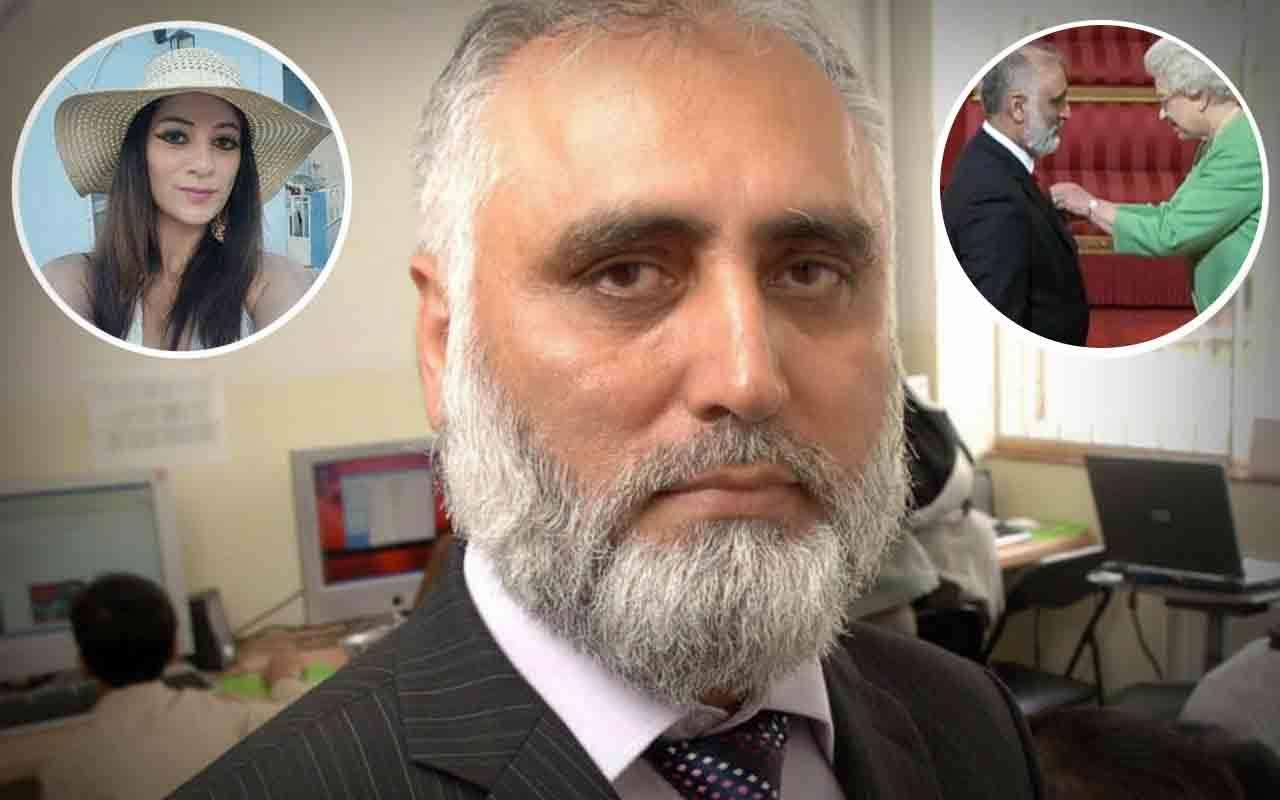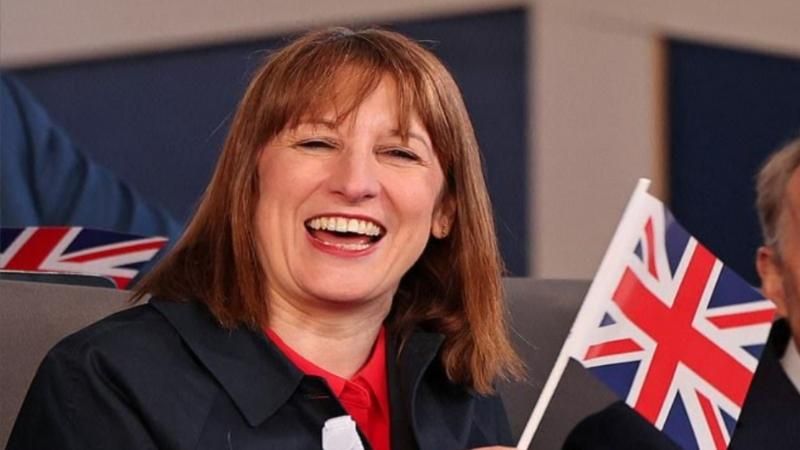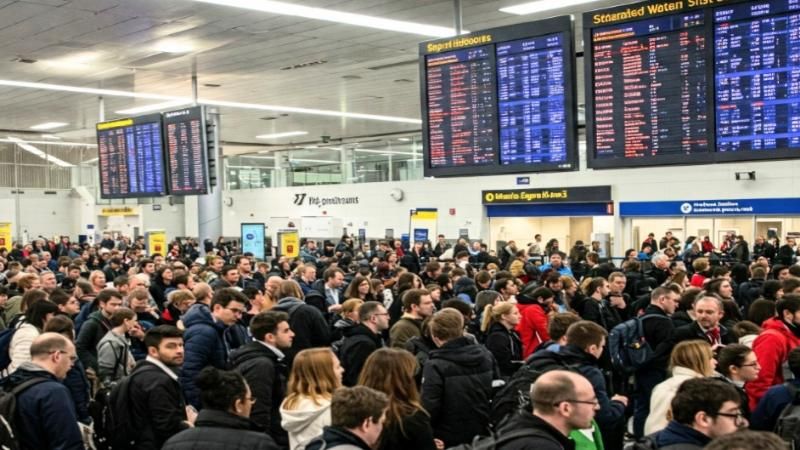Labour's economic strategy is set to face its most significant independent evaluation this week as a team from the International Monetary Fund (IMF) arrives to conduct its annual 'Article 4' examination of the UK economy. The scrutiny comes at a critical juncture, with the IMF expected to closely analyze Chancellor Rachel Reeves' fiscal rules and their capacity to manage Britain's escalating borrowing and national debt, Daily Dazzling Dawn understand.
The IMF's visit, the first since Labour assumed office in July, will provide a crucial opportunity to delve into the details of the government's recent Budget and overarching growth strategy. Central to the investigation will be whether Reeves can deliver on her commitment to fully fund day-to-day spending through taxation – a pledge that faces considerable headwinds amid a challenging economic landscape.
Sources indicate that the IMF inspection team has plans to visit Cambridge, recognized as a hub for the UK's burgeoning tech and life sciences sectors. While the government has frequently highlighted the UK's potential as a global technological powerhouse aiming to rival Silicon Valley, the IMF is likely to examine the balance of its investment priorities, particularly the emphasis on public sector funding and green initiatives compared to direct support for research and development and tax incentives for entrepreneurs.
A key area of concern for the IMF inspectors will be the UK's persistently "dysfunctional" jobs market. The unusually high number of economically inactive working-aged individuals – currently standing at 9.2 million, a significant increase of 700,000 since the pandemic – will be under close review. The rise in those claiming sickness benefits, with mental health cited as a major contributing factor, is expected to be a particular focus. This challenge comes as Chancellor Reeves has firmly stated her intention to avoid further tax increases.
The IMF's scrutiny arrives against a backdrop of downward revisions to the UK's growth prospects. In April, the IMF itself slashed its growth forecast for the nation, and most leading economic forecasters now anticipate a modest 1 percent growth for the current calendar year.
Adding to the economic uncertainty, the Bank of England also projects a slowdown in growth, forecasting a dip from 1.5 percent to 1.25 percent in 2026. The central bank's concerns stem from potential trade disruptions arising from Trump's tariff policies and the persistence of higher-than-expected inflation. The IMF team is scheduled to spend time engaging with officials at the Bank of England to gain a comprehensive understanding of these challenges.
Interestingly, the IMF is understood to be generally supportive of the Bank of England's transparent approach to accounting for losses incurred through its quantitative easing programme – a legacy of the 2008 financial crisis and the Covid-19 pandemic. While the costs are ultimately passed on to the Treasury, adding to the national deficit, other central banks have opted to absorb such losses within their own balance sheets.
The IMF's comprehensive inspection is expected to conclude with a press conference towards the end of this month, where their initial findings and recommendations will be presented. The outcome of this assessment will be closely watched by policymakers, businesses, and the public alike, as it will provide a critical independent evaluation of the Labour government's economic direction.








.svg)


